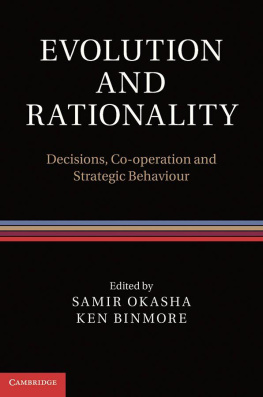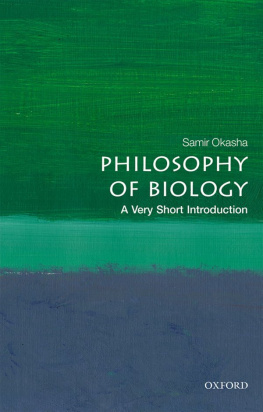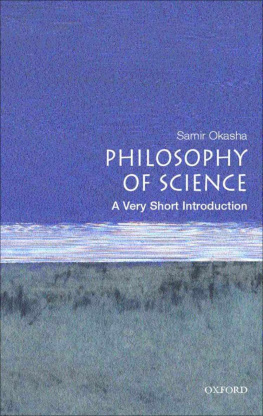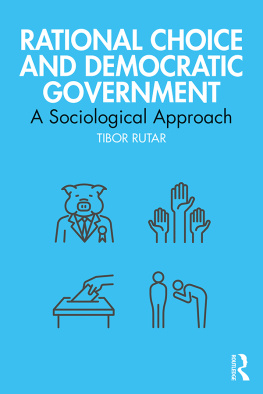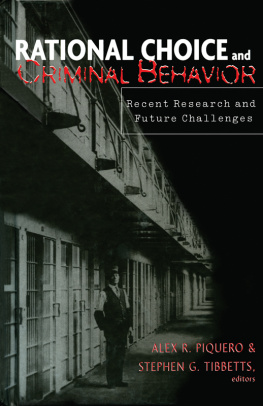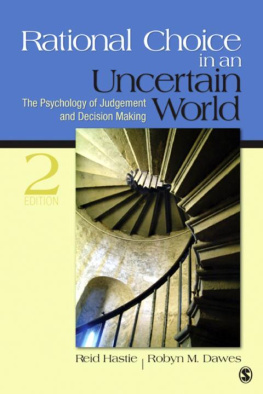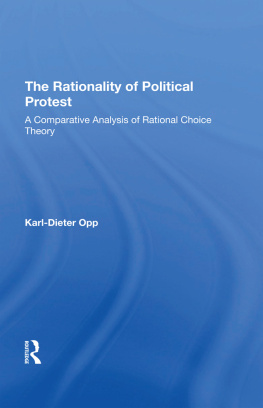Samir Okasha - Evolution and Rationality: Decisions, Co-operation and Strategic Behaviour
Here you can read online Samir Okasha - Evolution and Rationality: Decisions, Co-operation and Strategic Behaviour full text of the book (entire story) in english for free. Download pdf and epub, get meaning, cover and reviews about this ebook. year: 2014, publisher: Cambridge University Press, genre: Romance novel. Description of the work, (preface) as well as reviews are available. Best literature library LitArk.com created for fans of good reading and offers a wide selection of genres:
Romance novel
Science fiction
Adventure
Detective
Science
History
Home and family
Prose
Art
Politics
Computer
Non-fiction
Religion
Business
Children
Humor
Choose a favorite category and find really read worthwhile books. Enjoy immersion in the world of imagination, feel the emotions of the characters or learn something new for yourself, make an fascinating discovery.
- Book:Evolution and Rationality: Decisions, Co-operation and Strategic Behaviour
- Author:
- Publisher:Cambridge University Press
- Genre:
- Year:2014
- Rating:4 / 5
- Favourites:Add to favourites
- Your mark:
Evolution and Rationality: Decisions, Co-operation and Strategic Behaviour: summary, description and annotation
We offer to read an annotation, description, summary or preface (depends on what the author of the book "Evolution and Rationality: Decisions, Co-operation and Strategic Behaviour" wrote himself). If you haven't found the necessary information about the book — write in the comments, we will try to find it.
Samir Okasha: author's other books
Who wrote Evolution and Rationality: Decisions, Co-operation and Strategic Behaviour? Find out the surname, the name of the author of the book and a list of all author's works by series.

